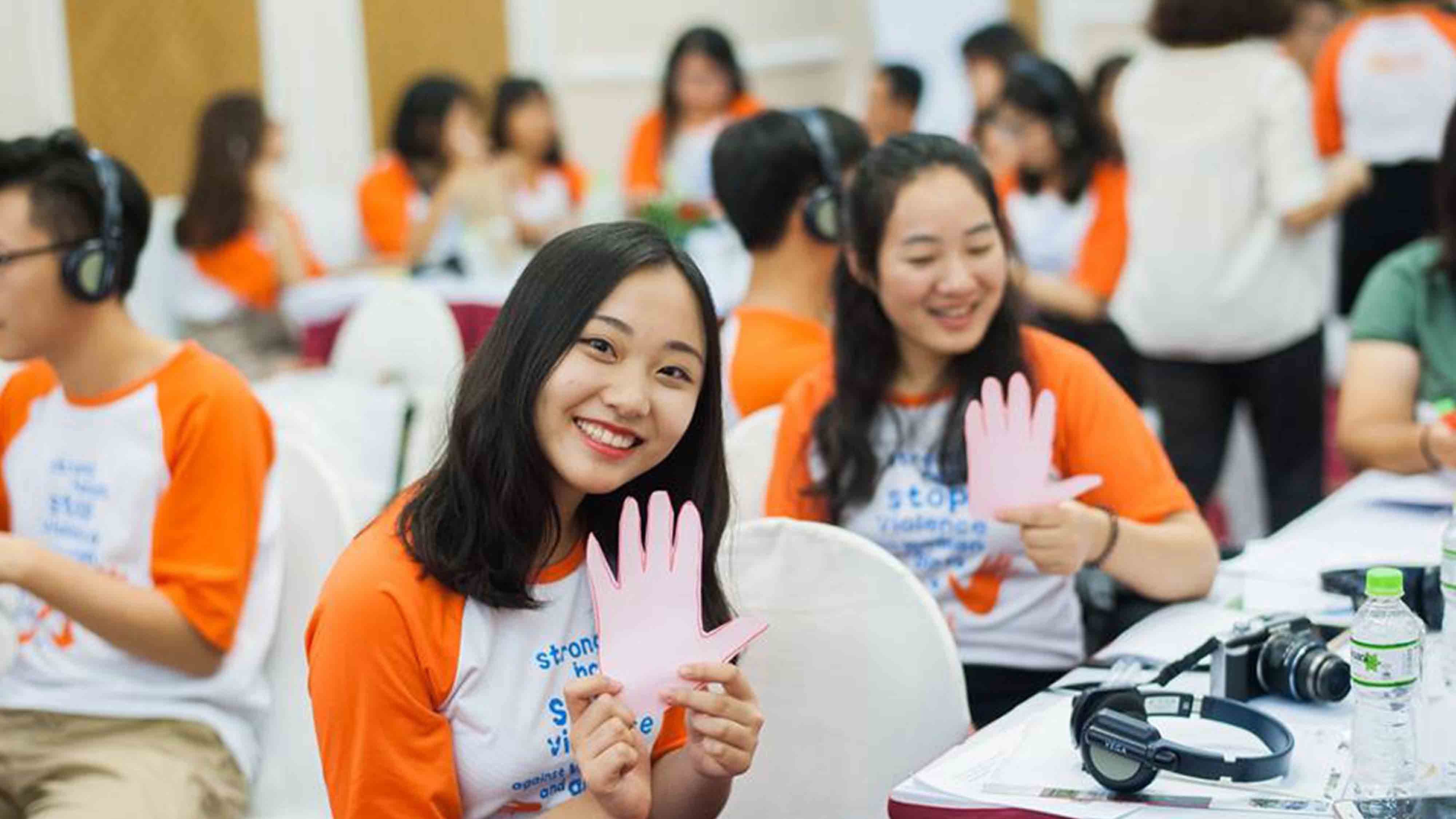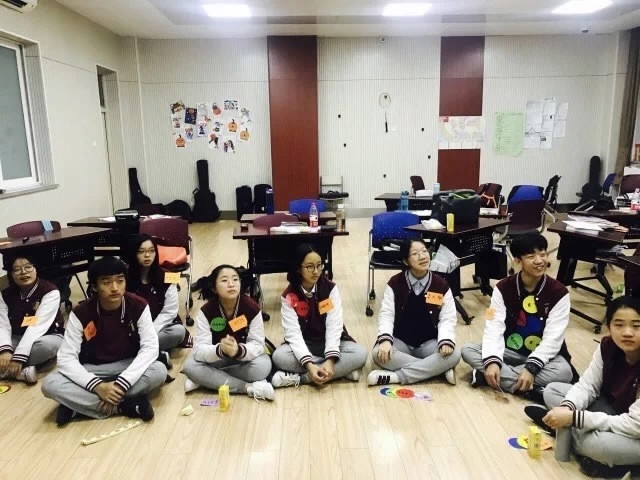
Culture
21:00, 21-Jan-2018
'Change-makers' in China fight against sexual harassment
By Sun Ye and Cai Jingxuan

While the US continues to grapple with sexual harassment cases from high-profile men from various industries, movements against gender-based violence are emerging in a growing number of places as well.
In China, it's a public letter recounting painful memories of a decade-old case that made news this new year. The reported perpetrator, once an eminent scholar, has been stripped of all his titles.
Governmental prevention mechanisms are now in the works. And students themselves have taken action, trying to rid campuses of violence in their own way.

Photo provided by Beijing Royal School
Photo provided by Beijing Royal School
The person who started the news round, Luo Xixi, used her real name when she went public about the attempted sexual assault she experienced in university. She had kept it closeted away for 12 years. She said she did this to rally for solidarity.
The Ministry of Education has since vowed a "zero-tolerance policy" on harassment. It is also mulling a national, long-term mechanism for schools and universities that will stem any future transgressions.
Luo lives in the US now.
But she would easily find supporters here in China.
“I see Luo's speaking out as a good start, breaking the silence,” Gao Yuewei, a student with Bejing Royal School, told CGTN.
Zhao Peng, from the same school, said, “In harassment case, I support the victims, I support them when they speak out. They did nothing wrong.”

Photo provided by Beijing Royal School
Photo provided by Beijing Royal School
Gao and Zhao, not yet 17, are trying to teach younger students about gender equality. They call themselves the "change-makers." With an audacious choice of color (they wear bright orange scarves), they hope to stand out among the crowd, stand up for healthy relationships, and stand against violence.
Gao said, “Many of my students are blank slates. We tell them what gender equality is, what diversity is. And we do speak on harassment and violence. We have this activity where we draw up a school map and look together for dangerous spots, and then we think of and talk about what we should do at each step.”

Photo provided by Beijing Royal School
Photo provided by Beijing Royal School
Their work has touched a few hundred students in their school. Not a big number, but much needed.
Li Shuo, youth program officer with UN Women, said the organization has seen efforts for gender equality from the top down and bottom up.
"We want to see more young people use their leadership skill and social advocacy skill to work for gender equality. We want to see that trend happen not only in Beijing and Shanghai, but also in other parts of China, where social norms and stereotypes may not be as fluid," Li said.

SITEMAP
Copyright © 2018 CGTN. Beijing ICP prepared NO.16065310-3
Copyright © 2018 CGTN. Beijing ICP prepared NO.16065310-3